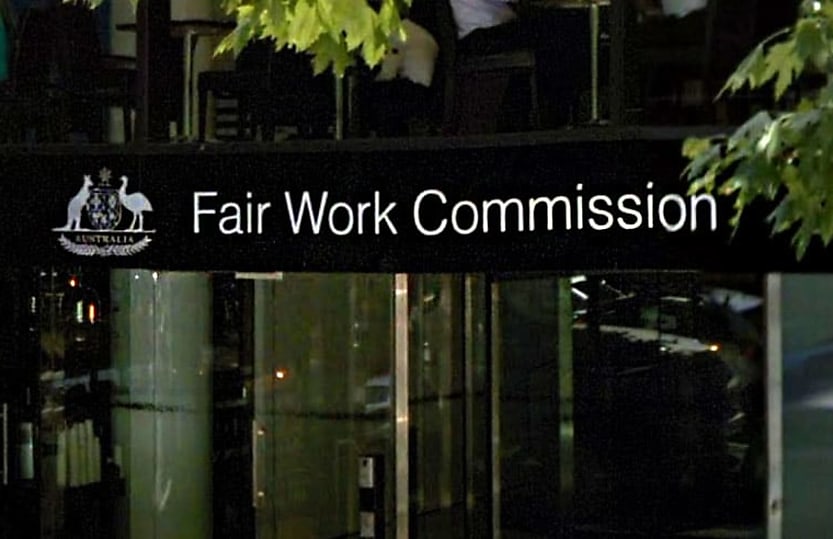Comply with revised fixed-term contract rules, FWC warns

Strict limitations on contract duration and renewal will be enforced in three weeks, the regulator says.
The Fair Work Commission has alerted employers about limits on the use of fixed-term contracts that come into effect in three weeks and warned against trying to dodge the rules.
From 6 December, the maximum fixed-term contract period becomes two years inclusive of renewals or extensions and – subject to circumstances – consecutive contracts are restricted to two.
The revised rules apply to employees other than casuals.
“Employers must not take certain actions to avoid the new limits,” the FWC said. “If they do, this may be adverse action.”
It said adverse actions included acting, planning or threatening to:
- Dismiss an employee.
- Injure an employee by treating them differently, demoting them or denying their rights.
- Harm an employee by changing their job, for example, by cutting shifts or hours.
- Discriminate between employees.
- Not hire someone.
- Offer a potential employee different (unfair) terms and conditions compared to other employees.
- End or refuse to enter into a contract with an independent contractor.
- Take industrial action against their employer.
It said contractors, employees and industrial associations could all be guilty of adverse actions, but typically it was the employer.
Not all harmful actions were adverse because there might be genuine reasons for them. Examples included:
- Offering a lower salary to a job applicant because they had less experience.
- Deciding not to hire a potential employee because they did not have a driver’s licence and the job required a licence.
- Making a person’s role genuinely redundant.
The restrictions on consecutive contracts prohibited them where the work was mainly the same, where there was an insubstantial break between the contracts, where the original contract could be renewed or extended or where the two rules would be broken.
There was also a substantial list of exceptions to the rules to cover:
- Essential, seasonal work.
- Temporary replacement of employee or emergency circumstances.
- Those earning above the high-income threshold of $167,500.
- Government-funded contracts that exceed two years, but were unlikely to be renewed.
- Governance positions, such as board members of charities.
Some awards would also allow for different contract options. If a contract failed to meet the revised rules, its end date would no longer apply.
So-called “zombie agreements” made prior to 2010 automatically sunset on 7 December unless an application was made prior to that date.
The FWC said where disputes went beyond resolution at a workplace it could step in and instigate court action when required.
About the author







